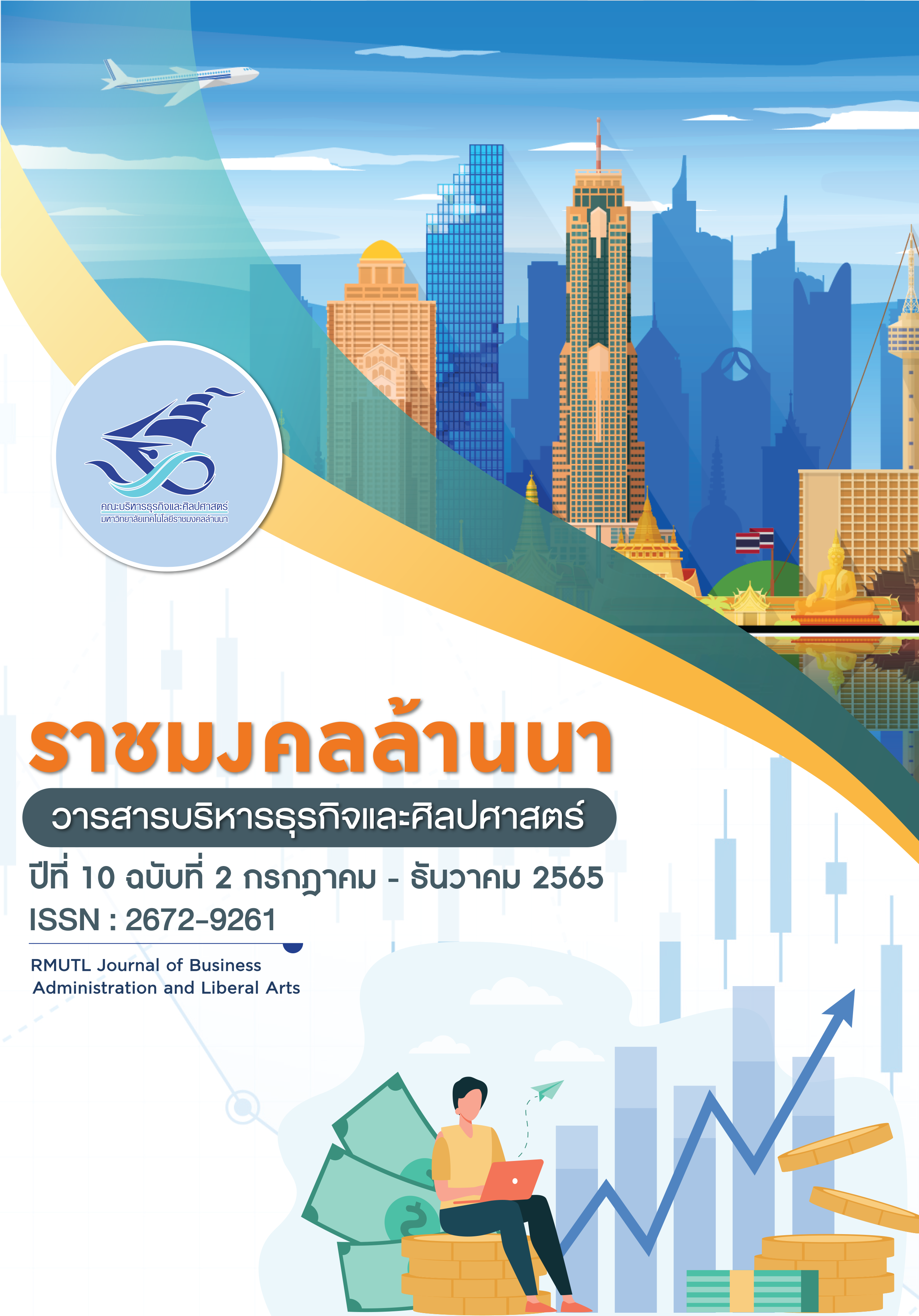A Study on Tourism Ecology of Healing Hot Spring -- A Case Study of Hezhou Hot Spring
Main Article Content
Abstract
In the past two years, Guangxi hot spring tourism has the advantages of well-developed spring, affordable price, convenient transportation and complete facilities. However, due to the problems of backward enterprise management, single tourism products and homogenization of tourism products, the traditional hot spring leisure baths have entered a period of decline. This is also the background of this study. Therefore, the purpose of this study is to explore and study the traditional hot spring management direction from the ecological development direction of convalescent hot spring tourism, and change to the direction of the combination of rehabilitation medicine, health management and tourism vacation. At the same time, this paper uses the methods of investigation, observation, functional analysis and qualitative analysis to study the unique hot spring ecological "healing". Put forward research suggestions on increasing capital investment, increasing the construction of functional areas, improving infrastructure construction and strengthening the construction of Zhuang rural customs. Provide theoretical basis for the research and upgrading of hot spring industry in the region; In order to find new economic growth points and improve Zhuang tourism culture; Promote the integration and innovation of hot spring tourism and medical industry.
Article Details

This work is licensed under a Creative Commons Attribution-NonCommercial-NoDerivatives 4.0 International License.
บทความวิจัยนี้เป็นของลิขสิทธิ์
References
A Kusumoarto, A Gunawan & G R Nurazizah. (2017). Landscape Potential Analysis for Ecotourism Destination in the Resort Ii Salak Mountain, Halimun-Salak National Park. IOP Conference Series: Earth and Environmental Science, 91, 2nd International Symposium for Sustainable Landscape Development 9–10 November 2016, Bogor, Indonesia. Doi: 10.1088/1755-1315/91/1/012029.
Cheng Che Lin., Lin Fang Chen., Chi Min Wu & Tso Jen Chen. (2018). Exploration of the Critical Factors of Spa Tourism in Taiwan. International Journal of Science, Technology and Society, 6(2), 47-51.
Chuanmin Mi., Yetian Chen,, Chiung-Shu Cheng. & Ching-Torng Lin. (2019). Exploring the Determinants of Hot Spring Tourism Customer Satisfaction: Causal Relationships Analysis Using ISM. Sustainability, 11(9). Doi:10.3390/su11092613.
F Che Leh., F Z Mokhtar., N Rameli & K Ismail. (2019). Economic Valuation of Environmental Resources at Selected Hot Springs in Perak. IOP Conference Series: Earth and Environmental Science, 286, IGEOS International Geography Seminar 2018 3–4 December 2018, Malaysia. Doi: 10.1088/1755-1315/286/1/012020
Guibao Hou. (2019). Study on the Status Quo and Development Strategy of Xianning Hot Spring Tourism. International Journal of Education and Economics, 2(3), 49-53.
James Clark-Kennedy & Marc Cohen. (2017). Indulgence or therapy? Exploring the characteristics, motivations and experiences of hot springs bathers in Victoria, Australia. Asia Pacific Journal of Tourism Research, 22(5), 501-511. Doi:10.1080/10941665.2016.1276946.
J. Taplah JrAnthony. (2018). Evaluating the use of hot spring for agricultural process in Los Baños, Laguna, Philippines. International Journal of Water Resources and Environmental Engineering, 10(1), 1-8. Doi:10.5897/IJWREE2017.0758.
Kao & Yi Fang. (2017). Design and Practice of Digital Value-Added in Jiaosi Hot Spring Tourism Industry. Journalism and Mass Communication, 7(7). Doi: 10.17265/2160-6579/2017.07.005
Liguang Zhao., Mingju Liu & Xuelian Zheng. (2016). Analysis on Problems in Management of Hot Spring Scenic Spot in the North Slope of Changbai Mountain. In Proceedings of the 2016 2nd International Conference on Economy, Management, Law and Education (EMLE 2016). December 2016. Doi: 10.2991/emle-16.2017.41
Shavanddasht & Allan. (2019). First-time versus repeat tourists: level of satisfaction, emotional involvement, and loyalty at hot spring. An International Journal of Tourism and Hospitality Research, 30(1), 61-74. doi:10.1080/13032917.2018.1498363.
Shohei Kurata & Yasuo Ohe. (2020). Competitive Structure of Accommodations in a Traditional Japanese Hot Springs Tourism Area. Sustainability, 12(7). Doi: 10.3390/su12073062
Xiaoying Lu., Yanhai Wei & Jiajue Fang. (2019). Research on Architectural Landscape Culture of Zhuang Ethnic Villages in Northern Guangxi. IOP Conference Series: Earth and Environmental Science, 267. Doi: 10.1088/1755-1315/267/6/062029

